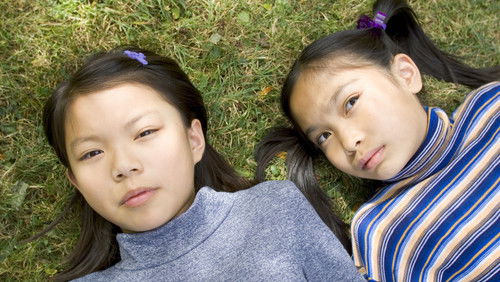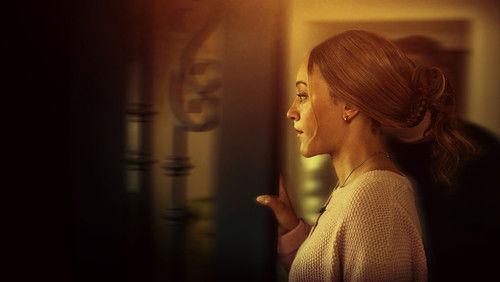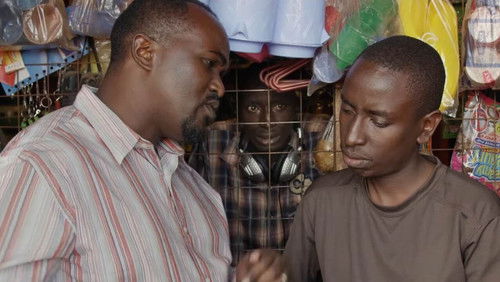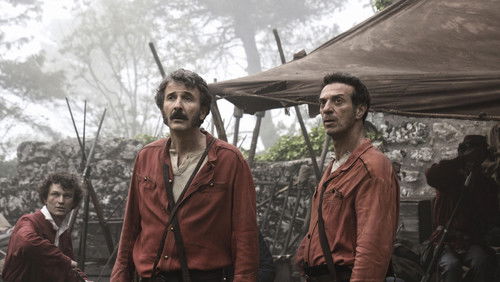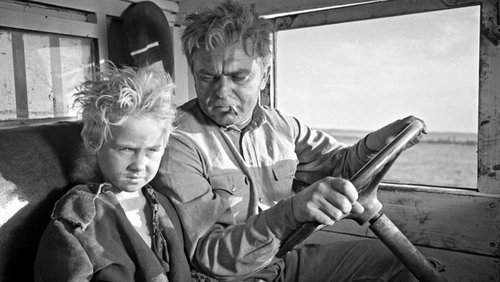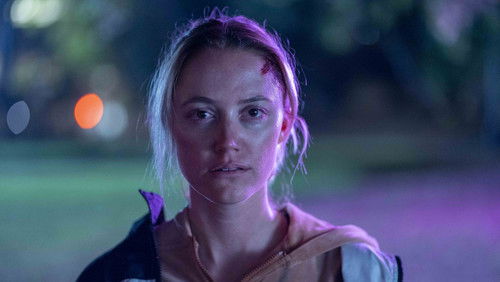Journey for Margaret (1942)
61KJourney for Margaret: Directed by W.S. Van Dyke, Herbert Kline. With Robert Young, Laraine Day, Fay Bainter, Nigel Bruce. 1940. For the better part of the war thus far, New York news correspondent John Davis and his wife Nora Davis have been in the hot spots of western Europe, including Rotterdam and much of France, which has just fallen to the Nazis. The war has taken a toll on John professionally, as he has closed himself off emotionally in his writing solely to be able to cope. They have decided to move to London where they consider a safer place to start their family, but still within the war zone for John to do his work. A tragic event results in Nora too closing herself off from the war happening around them, she and John who ultimately decide to move back to Connecticut. With Nora having left and John having one more story left to write, things change when that story deeply effects John. That story is about Riswick Children’s House run by caring Trudy Strauss, it which takes in children displaced by the war, especially those that have faced some sort of trauma. He especially connects with two children, Margaret and Peter who each has a different history which brought them to Riswick. In that care for the two of them, John may have to make the most difficult decision in his life concerning both their futures with the enemy bombs a constant occurrence now in London.
“How refreshing it is to come across a World War Two film minus the usual cliche scenes and ideas that infiltrated so many movies during the war years. Robert Young (as reporter John Davis) gives a consistent and profound portrayal surrounding a real concern for the human condition in terms of the effects of war on children. Margaret Ou0026#39;Brien (as orphan Margaret White)is haunting as the child with the magnesium bomb. William Severnu0026#39;s performance (as playmate Peter Humphreys) is addictive. But then there is so much good acting in this film by so many of the cast, especially that of Fay Bainter (as Trudy Strauss). The film makes it clear that war is the common enemy of all children, for, as Trudy says, u0026quot;surely children must be allowed to cry for all they have lost.u0026quot;”

